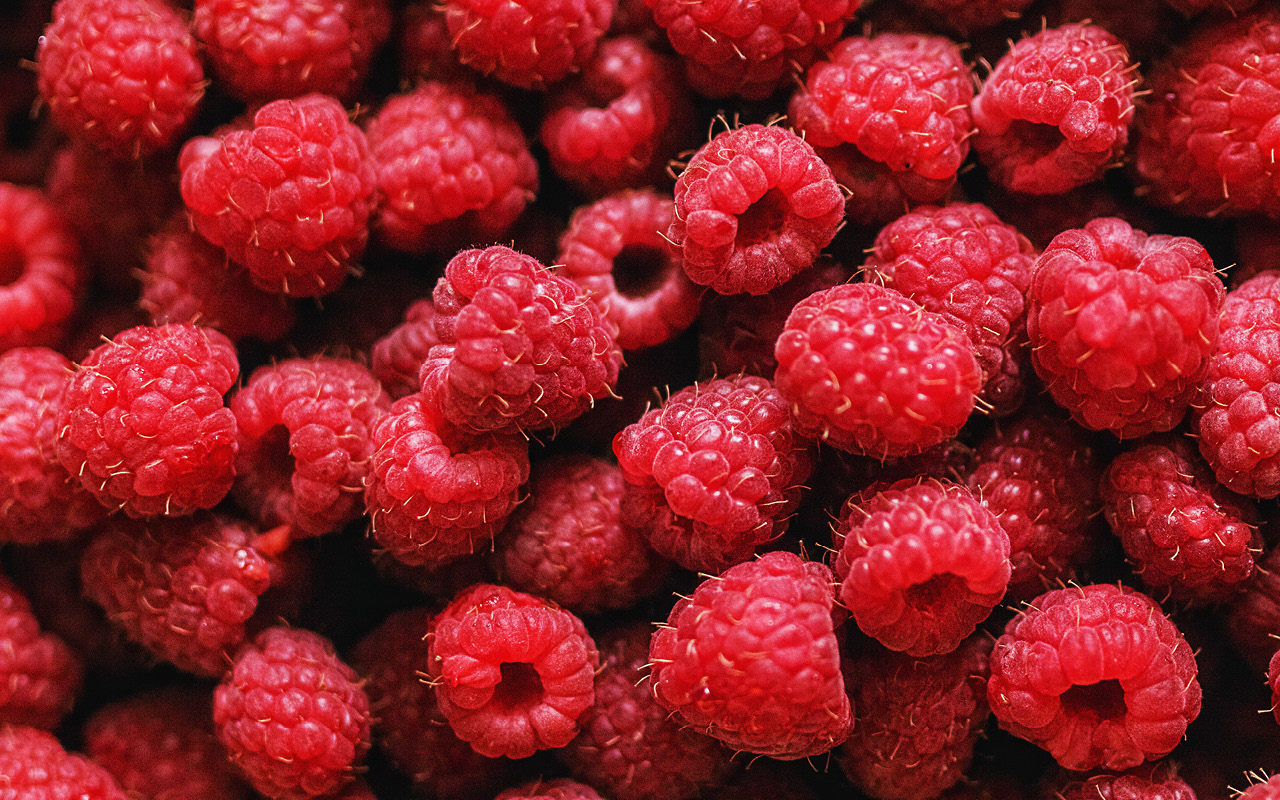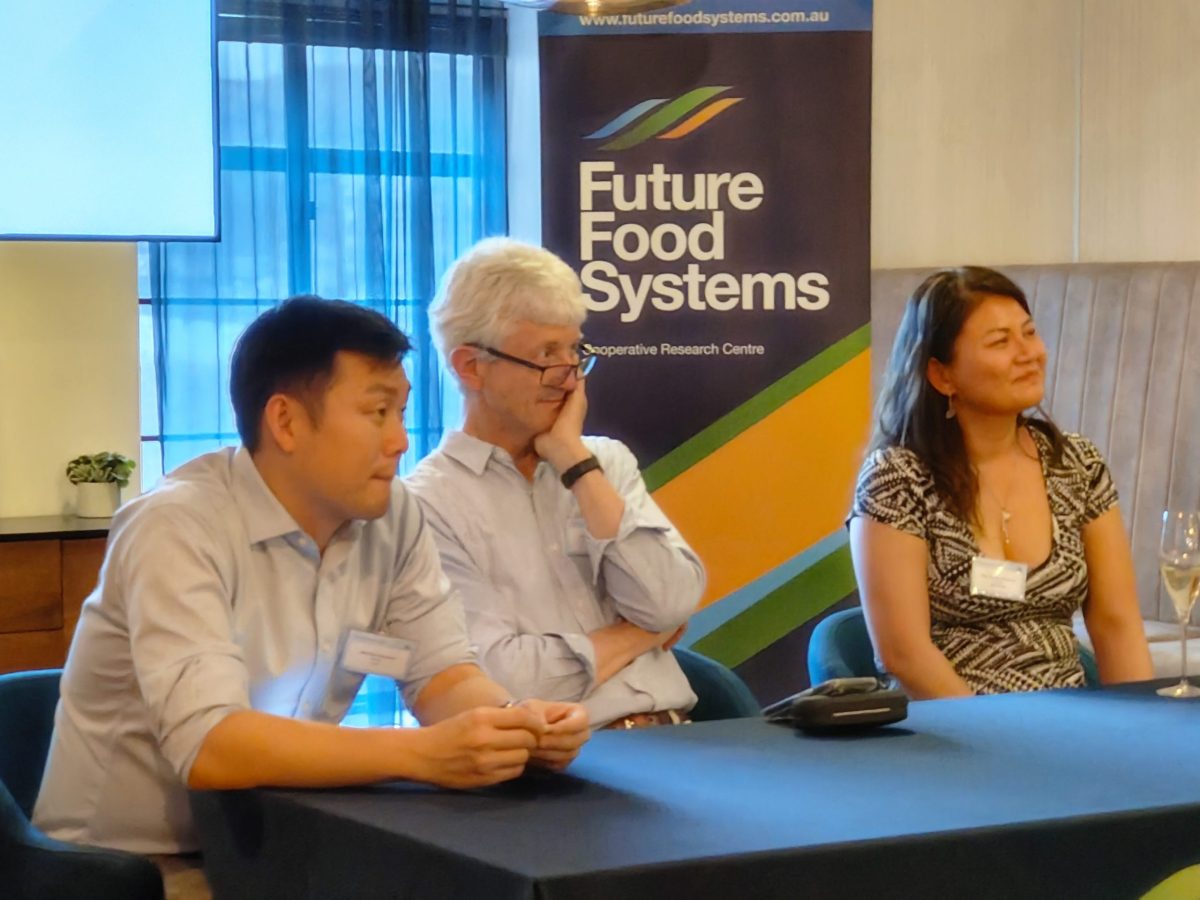Protective covers (i.e. glasshouses, netting enclosures and polytunnels) are increasingly used in crop production to enhance crop quality, yield and production efficiency, yet few studies have investigated the mechanisms by which ambient environmental conditions directly impact pollination success. Growers have found that high temperatures can be exacerbated by protective covers, and this often results in diminished yields for many crops, such as raspberry. Raspberry is a pollinator dependent crop that has experienced an exponential increase in consumer consumption over the last decade in Australia, as protective growing techniques and new cultivars have expanded their growing season and availability. The reproduction of this crop is highly sensitive to temperature, with hot temperatures lowering the market quality of the fruit. This has posed a significant problem to growers, especially near Coffs Harbour, as they attempt to expand their growing seasons whilst maintaining marketability. This contemporary industry is still unsure of the mechanisms limiting fruit quality, however, it is hypothesised to originate from pollination related issues. This project will test how environmental factors, such as temperature and humidity, impact pollen viability, pollen tube development and stigma receptivity to better understand the factors limiting the pollination success of raspberries
Collaborating with
Team
Project ID
P2-025
Start date
Mar 2023
Expected completion date
Dec 2026







